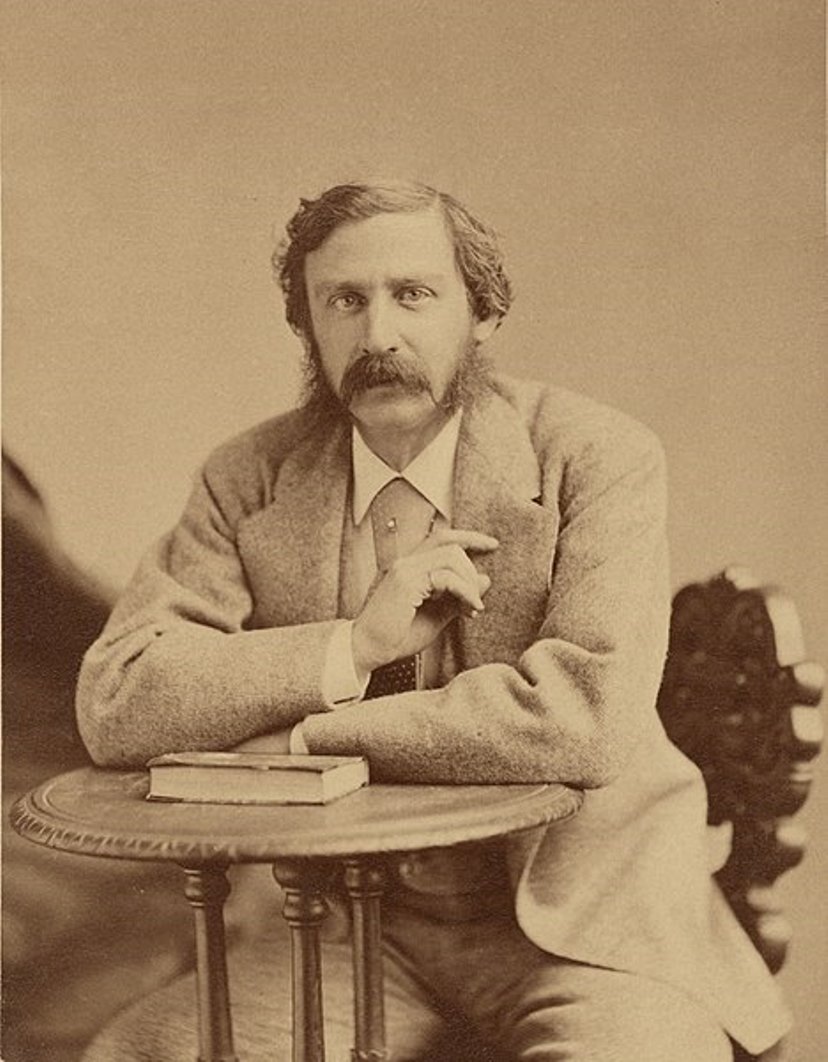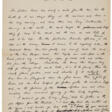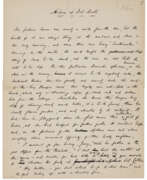Bret Harte (1836 - 1902)

Bret Harte
Bret Harte, born Francis Bret Harte, is an American poet and writer, one of the founders of the Western genre in literature.
From his youth, Bret worked in various professions in California, published a newspaper and a magazine, collaborating for a time with Mark Twain. He wrote several novels and many short stories about the Gold Rush era, of which the best known is the later trilogy "The Steppe Finder", "Susie" and "Clarence", set during the American Civil War.
In 1878 Harte began working at the consulate in Krefeld, Germany, and then in Glasgow, Scotland. In 1885 Harte settled in London and lived there until the end of his days, continuing to write short stories, parodies, and other works of enduring success.
Harte's works about Californian life became popular in Russia, thanks to N.G.Chernyshevsky, who was engaged in their translations from the early 1870s. Russian venerable writers M.E. Saltykov-Shchedrin and N.S. Leskov spoke very flatteringly of him. And in 1895 in St. Petersburg published a collection of works by Bret Harte in six volumes. Already in the USSR in 1977 the movie "Armed and Very Dangerous" was filmed based on his stories. Alexey Rybnikov's musical "Juno and Avos", the most popular for decades, is based on Bret Harte's ballad "Concepcion de Arguello".
| Date and place of birt: | 25 august 1836, Albany, USA |
|---|---|
| Date and place of death: | 5 may 1902, Camberley, United Kingdom |
| Period of activity: | XIX, XX century |
| Specialization: | Editor, Journalist, Poet, Writer |

